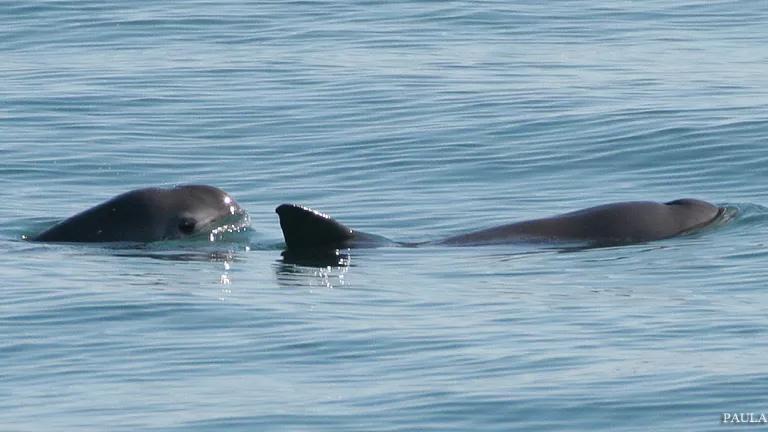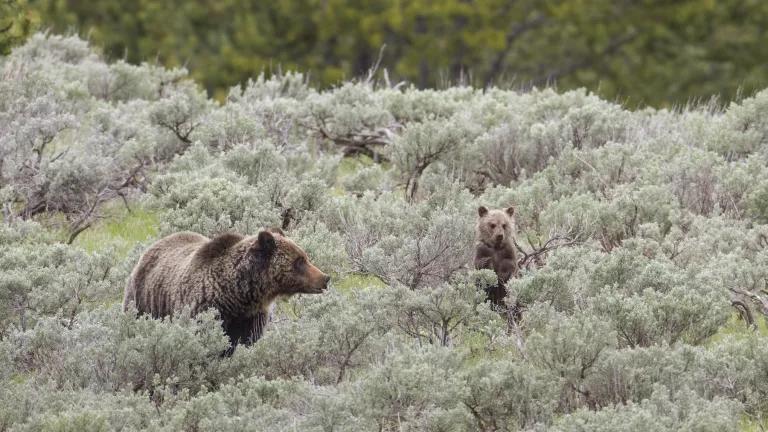
Exciting news out of South Africa! Today, the world committed to help save the vaquita at the Convention on International Trade in Endangered Species (CITES). Parties agreed to crack down on trafficking in a fish species, the totoaba, which is wiping out the vaquita. The vaquita get caught and drown in gillnets used to catch totoaba.
It is a sad reality that the illegal trade in one CITES protected species, the totoaba, will cause the extinction of another CITES protected species, the vaquita, within 5 years if current trends continue. Now, with fewer than 60 vaquita remaining, there is simply no margin for error.
As I write this, governments from around the world are discussing the fate of many species at the 17th meeting of the CITES Conference of the Parties in Johannesburg, South Africa. In most instances, the Parties are finding comfort in knowing that, if proper steps are taken, we have time to reverse destructive trends. But for the vaquita, time is no longer a resource. While well intentioned, prior efforts were too timid, allowed to lapse, and in some cases undermined by unscrupulous stakeholders.
In recent years, Mexico has taken important steps, including increased enforcement to combat totoaba trade. And earlier this year the United States and China committed to combat the trade at the U.S. and China strategic and economic dialogue. But more must be done.
Thus, it is critical that we take all steps necessary to combat illegal trade in totoaba. If the vaquita is going to survive beyond the next CITES Conference of the Parties in 2019, Mexico, the United States, and China must work together to completely wipe out the totoaba trade. The actions adopted by governments at CITES support that effort and now Mexico, the U.S., and China must vigorously implement them.




